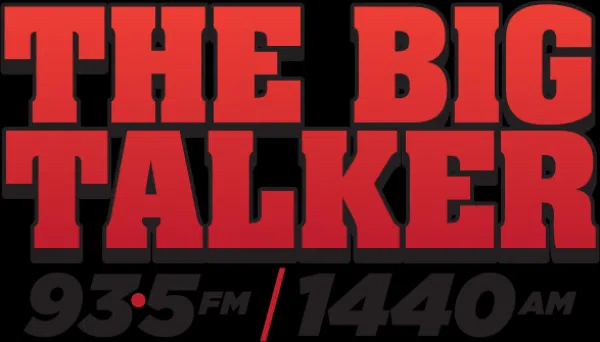MANHATTAN (KSNT) – The Rural Grocery Institute (RGI) in Manhattan suggests innovative ownership models like non-profit, cooperatives or public ownership could help struggling grocery stores.
RGI works as part of Kansas State University’s Research and Extension Office to support grocers and healthy food initiatives by hosting workshops, conducting research and providing resources for stores across the county. When all else fails, they’ve found alternative ownership models can work to keep locally owned businesses running and rural communities thriving.
Alternative-ownership grocery stores are a popular topic following Zohran Mamdani’s recent nomination as the Democratic candidate for the next mayor of New York City. Mamdani suggests city-owned and operated grocery stores that focus on keeping prices low, and Kansas has many such stores.
New common consumption area takes effect in Manhattan
RGI Program Leader Rial Carver told 27 News the main challenges facing rural grocery stores are aging infrastructure, low profit margins and increased corporate competition. These issues tend to force locally owned grocers to close, often resulting in residents moving out or consuming more unhealthy options like fast-food. But when alternative ownership steps in, things can start to change for the better.
“The grocer industry runs on razer margins, around 1-3% net profits, so it’s really more of a volume game,” Carver said. “Small profit margins, aging infrastructure, increased competition and inability to access wholesale grocers are just some of the challenges facing rural grocery stores today.”
The St. Paul Supermarket in St. Paul was purchased by the city in 2007 through a zero-interest loan from the U.S. Department of Agriculture. Former St. Paul Mayor Rick Giefer told the RGI in 2020 that access to food, like access to water, was a public-good and should be guaranteed by the city.
The City of St. Paul did not have a grocery store for more than 20 years by 2005 and the city had been losing population for years. If the trend were to continue, they would be at risk of losing their high-school. Since the opening of the city-owned grocer, St. Paul has maintained sufficient population to keep their high-school.
Kansas audit uncovers free student lunch misallocations
Other supermarkets in Kansas have similar models. The Garden of Eden in Little River is private-public, meaning the city owns the building, and it is leased to the operators who run the business inside. This arrangement allows the city to pay for infrastructure expenses like coolers and freezers the business wouldn’t be able to afford. The operators said in 2019 that since the city purchased the building, utility costs have been cut in half and sales are up 33%.
Project Equity reports 54% of Kansas business owners are ages 55+ and the 2021 Kansas Rural Grocery Survey reports 24% of grocery store owners plan to transition out of their business in the next one to five years, while 73% have no plans for future ownership of their stores. The RGI also reported one in five rural Kansas grocery stores closed between 2008 and 2018.
Home-town grocery stores are crucial for smaller towns to survive, according to the K-State University Foundation. Local grocers keep smaller towns thriving, whether by creating jobs, generating tax income or providing healthy food options.
RGI said it hosts the National Rural Grocery Summit, which will be May 5-7, 2026 in Fargo, North Dakota. The organization invites anyone interested in rural grocer issues to attend.
Kansas lawmakers invest $10 million to Medicaid Dental Program
For more local news, click here. Keep up with the latest breaking news in northeast Kansas by downloading our mobile app and by signing up for our news email alerts. Sign up for our Storm Track Weather app by clicking here.




